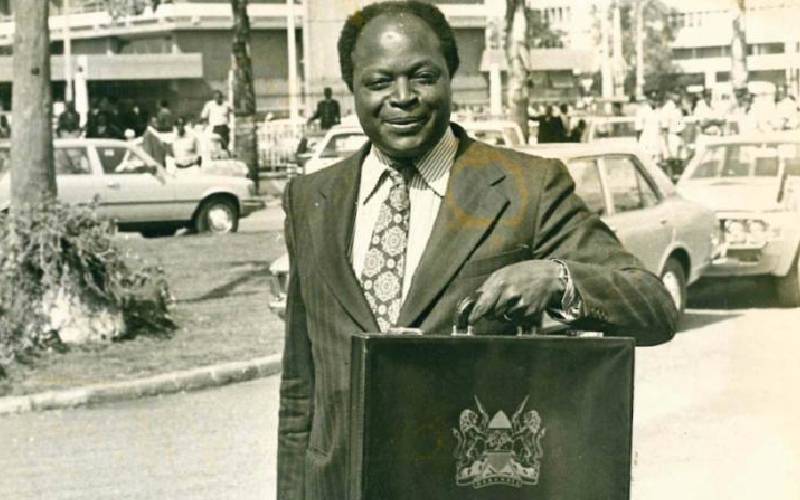
The dominant conversation surrounding the departure of President Mwai Kibaki revolves around the positive legacy of the country’s economy during his tenure. Most Kenyans rightly feel that the country is going through hardship and there seems to be a slow response to address the sad reality that Kenya is at its lowest point in managing her economy amidst the rising cost of living. There is a need to urgently reboot the economy amidst the surging public debt and endless focus on political campaigns ahead of the August election.
The media within and outside the country praised President Kibaki as a man whose primary legacy was lifting Kenya’s battered economy and placing the Nation on the right path to economic recovery. It was expected that successive administrations would build on the milestones established under the Kibaki administration, but the current state of the economy appears to paint the opposite picture.